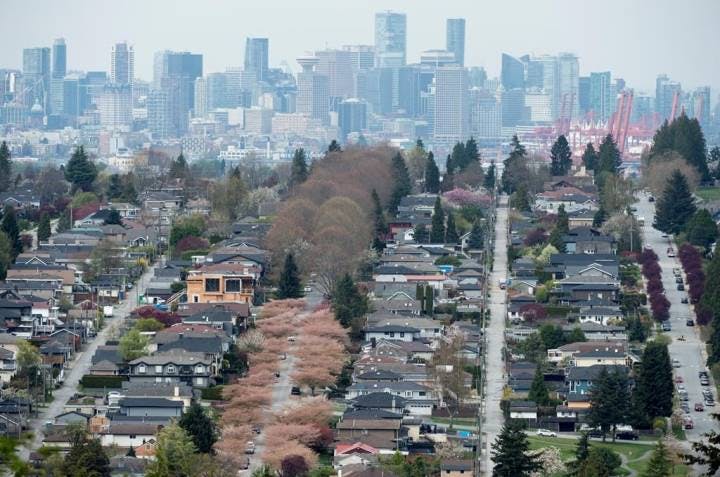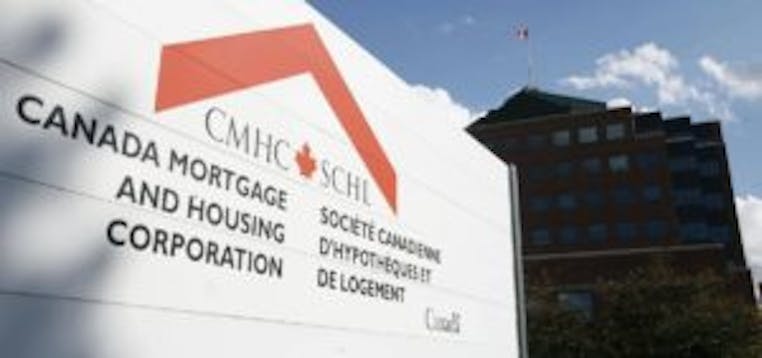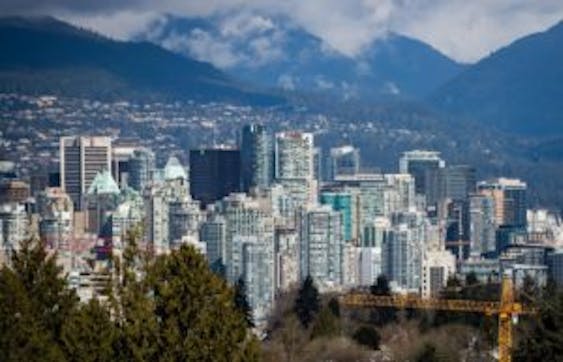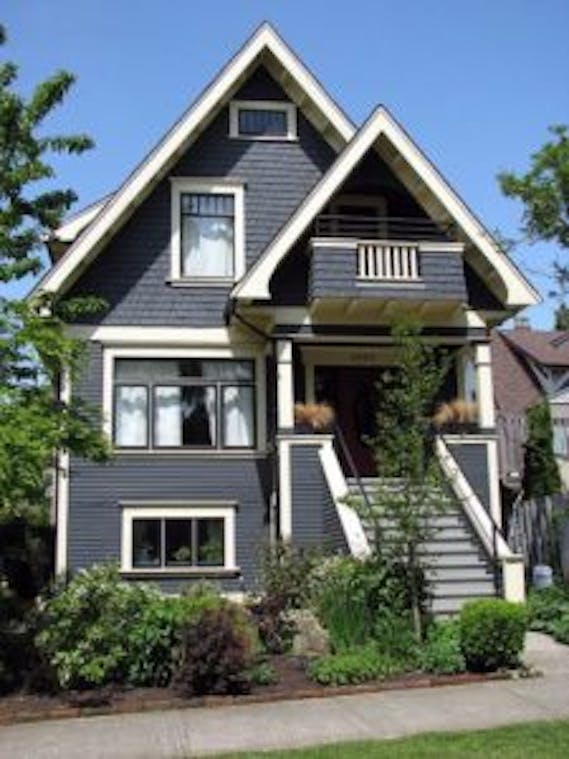Home sales decline below long-term averages in 2019 despite increased demand to end the year
The Metro Vancouver housing market experienced below average sales activity and moderate price declines in 2019.
The Real Estate Board of Greater Vancouver (REBGV) reports that sales of detached, attached and apartment homes reached 25,351 in 2019, a three per cent increase from the 24,619 sales recorded in 2018, and a 29.6 per cent decrease over the 35,993 residential sales in 2017.
Last year’s sales total was 20.3 per cent below the region’s 10-year sales average.
“We didn’t see typical seasonal patterns in 2019. Home buyer demand was quieter in the normally busy spring season and it picked up in the second half of the year,” Ashley Smith, REBGV president said. “In terms of home values, prices dipped between two and four per cent across the region last year depending on property type.”
Home listings on the Multiple Listing Service® (MLS®) in Metro Vancouver reached 51,918 in 2019. This is a 3.2 per cent decrease compared to the 53,614 homes listed in 2018 and a five percent decrease compared to the 54,655 homes listed in 2017.
Last year’s listings total was 7.6 per cent below the 10-year average.
“Home buyer confidence was a factor throughout the year. In the first quarter, many prospective buyers were in a holding pattern, waiting to see how prices would react to the mortgage stress test, new taxes, and other policy changes,” Smith said. “Confidence started to return in the summer, and we saw above average sales in the final quarter of 2019.”
The MLS® HPI composite benchmark price for all residential properties in Metro Vancouver ends the year at $1,001,000. This is a 3.1 per cent decrease compared to December 2018.
The benchmark price of apartments decreased 2.7 per cent in the region last year. Townhomes decreased 2.4 per cent and detached homes decreased four per cent.
Source: REBGV-Stats-Pkg-December-2019











